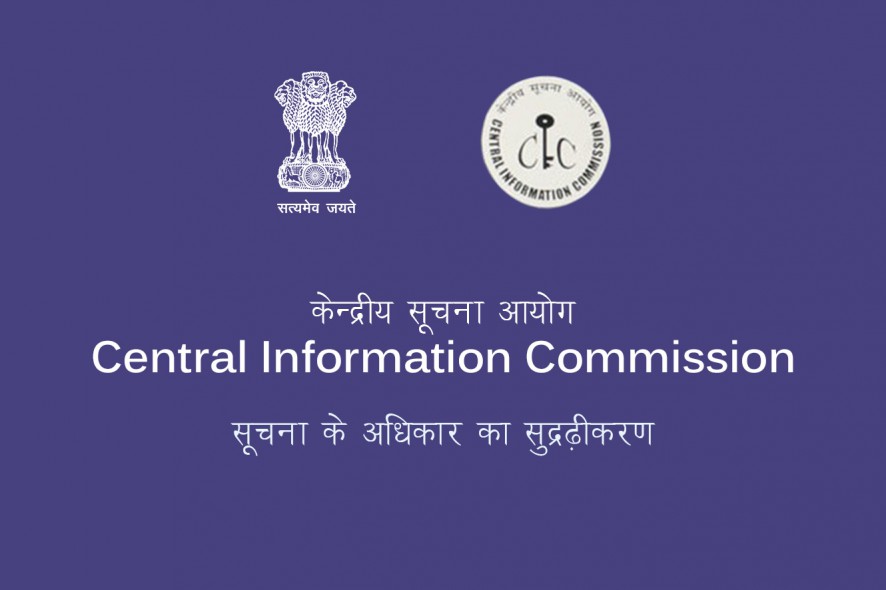Central Information Commission (CIC): “No person or a public servant who has made a disclosure under the Whistle Blowers Protection Act, 2014, can be victimised by initiation of any proceedings against him or otherwise merely on the ground that such person or a public servant had made a disclosure or rendered assistance in inquiry under the Act,” observed CIC while reprimanding the managing authorities of a Government aided college of Roorkee and Hemwati Nandan Bahuguna Garhwal University, Srinagar for refusing to provide information to the appellant who suffered suspension and termination because of exposing corruption by the management of the college.
Earlier, the appellant approached the management of the BSMPG College, Roorkee seeking information about action taken on his complaints challenging his unjustifiable suspension after he exposed the irregularities in expenditure of fund/ misappropriation of Rs. 4 lakhs in Hindi department of the College. The College denied requested information stating that college authorities were empowered to suspend his services under relevant provisions. Feeling aggrieved, appellant approached CIC. Before CIC, appellant claimed that he exposed embezzlement in the government-aided college, because of which he was wrongfully suspended and sought to know that under what clause of law he was suspended. Appellant further stated that any quasi-judicial decision should be disclosed under Section 4(1)(b) of RTI Act, which was not done by the University and the college. RTI is a tool for fighting against corruption and inaction that facilitates corruption. It appears that the authorities facilitated embezzlement by inaction. Hence, both University and college authorities should be accountable and answerable.
After hearing both the parties and perusal of relevant material on record, CIC noted that the Whistle Blowers Protection Act, 2014 enables any person to make a public interest disclosure against a public servant or against an act of corruption and wilful misuse of power or discretion by a public servant. “Such disclosures are made to competent authority that must conduct a discreet inquiry and conceal the identity of the complainant and public servant. The appellant had every right to know how public funds are allocated in the college and report any act of corruption to competent authority/college management, which should have appreciated his anti-corruption concerns and should have inquired. Instead of providing adequate safeguards against victimization of the whistleblower-appellant, he was penalized for exposing corruption,” the Commission further noted.
While emphasizing upon the importance of protection of whistleblowers the Commission also stated that whistleblower protection is vital to give confidence to reporting of misconduct, fraud and corruption. Providing effectual shield for whistleblowers supports an open and transparent organizational culture where workforce is not only conscious of how to report in good faith but also have self-confidence in the reporting procedures using RTI, accessing wrongs and exposing suspected acts of corruption and other wrongdoing is therefore integral to efforts to combat corruption, safeguard integrity, develop accountability, and support untainted public dealing.
“The Vice-Chancellor of University and the College management being competent authority in this case, have a statutory duty to explain what they did to protect whistle blower appellant and why did they not inquire into alleged illegal dismissal, if they are sincere in opposing embezzlement, if happened,” the commission added. While concluding the judgment, CIC directed the Vice-Chancellor and Registrar of the university to inform the appellant that what action was taken on his complaint, and on the report of Accountant-General exposing the embezzlement, and protection they offered to him. Further, the Commission also issued show cause notices to PIO, Vice-Chancellor and the Registrar of the University for obstructing the information to be provided to the appellant. Show cause notices were also issued to Principal and President of the Management Committee of the BSMPG College in the matter. [Samrat Sharma v. Hemwati Nandan Bahuguna Garhwal University, 2016 SCC OnLine CIC 14425, decided on October 27, 2016]






